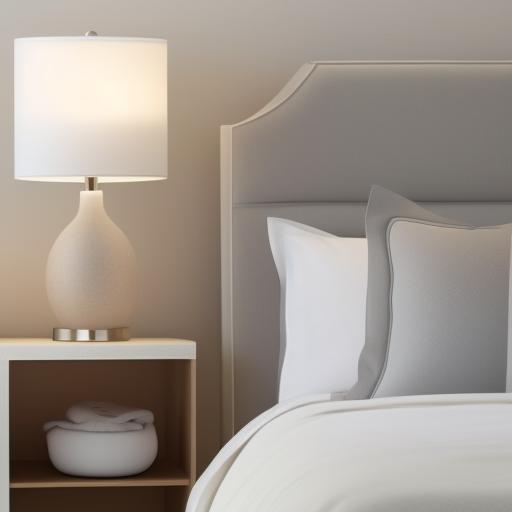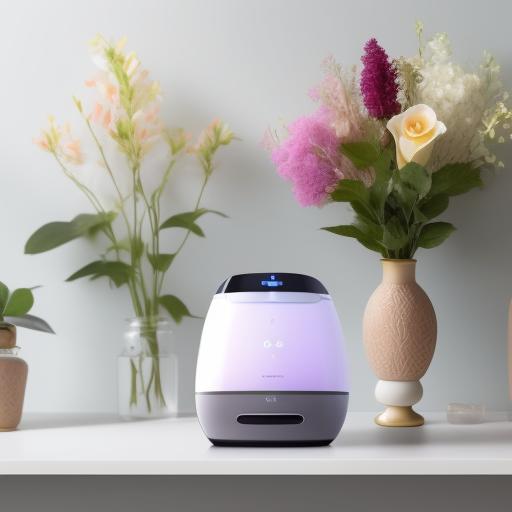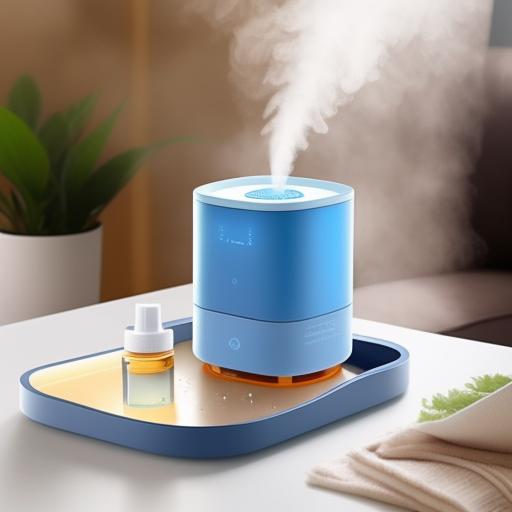Do Humidifiers Help with Allergies?
Do you suffer from allergies? Are you looking for a solution to alleviate your symptoms? Many people have found relief by incorporating humidifiers into their daily routine. But do humidifiers really help with allergies? Let’s explore this topic, specifically as it relates to smart humidifiers.
Humidifiers are devices that increase the moisture levels in the air, which can help relieve dryness in the nose, throat, and skin. By adding moisture to the air, they may also alleviate some allergy symptoms. Dry air can cause irritation and make allergy symptoms worse, so using a humidifier can provide some relief by keeping the air moist.
Smart humidifiers take this concept to the next level. These devices are equipped with advanced features and technology that allow them to maintain optimal humidity levels automatically. They can adjust the humidity based on the surrounding conditions, ensuring that you always have the right amount of moisture in your environment. This can be especially beneficial for allergy sufferers, as it helps prevent the air from becoming too dry or too damp, both of which can exacerbate allergy symptoms.

In addition to regulating humidity levels, smart humidifiers also often come with air purification capabilities. They can filter out allergens such as pollen, dust mites, and pet dander, improving the overall air quality in your home. By reducing the number of allergy triggers in the air, these devices can provide additional relief to allergy sufferers.
To maximize the benefits of a smart humidifier for allergies, it’s important to properly maintain and clean the device. Regularly cleaning and disinfecting the water tank and the humidifier’s components will prevent the growth of mold and bacteria, which can worsen allergies. Following the manufacturer’s instructions for maintenance and replacing filters as recommended is crucial for optimal performance and allergen control.
While smart humidifiers can be an effective tool to help with allergies, they are not a cure-all solution. Allergies are complex and can be triggered by various factors, including pollen, dust, mold, and pet dander, which may require additional measures to manage effectively. It’s always recommended to consult with a medical professional for personalized advice and guidance regarding your specific allergies.



